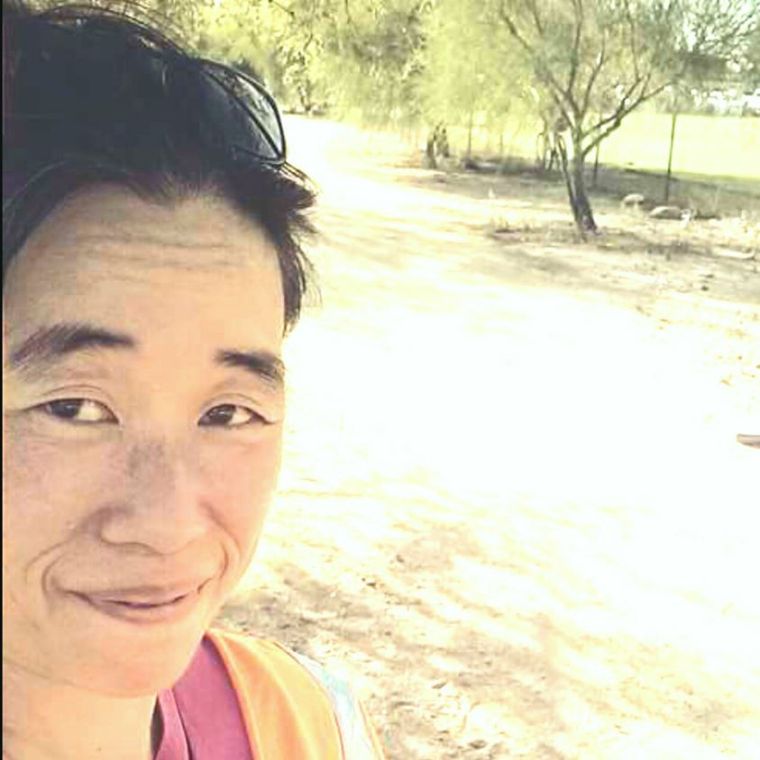A message from Felicia:
Friends,
I am so sorry. I guess I just have too much going on that distracted me from a commitment I made to ya’ll. For the past three years, I have been committed to becoming elected to a leadership role in the community that affects our outcomes…. With schools. Homeless people. Marginalized people. People with false allegations against them. Folks being nickel and dimed….
I appreciate everyone who supported me in the effort to gain the Supervisor seat, even as a write-in.
I missed the deadline to file as a write-in. I had it in my head that it was the 28th (today), when it was the 24th (last week Thursday).
The current Board makes a lot of bad decisions for the people in our community. That is why I was campaigning for the seat. Our political realm is corrupt. Too many loopholes, too many members of the “in-crowd”. Too much fear. Too much division.
So, I will continue to do the work the #StopTheShame #StopTheBlame because #OurChildrenAreWatching and #OurChildrenAreSuffering.
I have shared before that I legit cry every night for those who cannot cry… Crying is cleansing and nothing to be ashamed of. Thank you to all who do the work to #ListenBelieveBeLove. Thank you to all who are attentive, and work to ensure they are not leaving obstacles in the way of others as they journey toward their definition of success.
I’ll rest for a bit, feel sad, and do better in the future. Because that is what life is…. a journey of hills and valleys and oceans and rainbows… and unicorns. If you believe it, you can achieve it.
Wishing ya’ll #PeaceLoveAndAppleSnacks
/Kalamajong
❤ Felicia
“We are each a piece of the puzzle of life. Without each of us, our picture is incomplete.”
What is the role of a member of the Pima County Board of Supervisors?
“The Pima County Board of Supervisors is responsible for steering public policy in the region.
The five-member board provides direction to the County Administrator and the county’s various departments as they work to ensure safe communities, nurture economic development, sustainably manage natural resources and protect public health.
In addition to overseeing the delivery of a host of municipal services, from roads to parks and libraries and law enforcement, board members also are responsible for approving the county budget.
Elected to four-year terms, board members also set the amount of taxes to be levied.”
– from https://webcms.pima.gov/cms/One.aspx?portalId=169&pageId=547
1 in 4 women and 1 in 7 men experience domestic abuse. Domestic abuse is a crisis and the crisis infects our community’s economy and ability to be healthy and happy. This crisis perpetuates due to the system, as systemic domestic abuse. To end systemic domestic abuse, we need policies, policy makers, and supervisors who will work together to break the cycle. It’s as easy as 1-2-3.
How can we break the cycle of systemic domestic abuse in Pima County?
Step One: Sign the Petition to add Coercive Control to Legislative Statutes. Currently, coercive control is not considered an offense in domestic violence, when we know that domestic violence is a form of domestic abuse. We know that abusers will seek to control their victims physically, but also collectively through emotional, psychological, financial, sexual, and mental abuse. Click here to see the Drafts of the Bill’s which will address these issues.
Step Two: Share your stories, or stories you learn about, with legislators.
Step Three: Elect Felicia Chew as one of the five Pima County Supervisors in 2020, to help implement effective practices and programs through a system of continuous improvement, which will break the cycle of domestic abuse.
 Felicia in the Community and the Media
Felicia in the Community and the Media
 Support Felicia for District 3 – 2020
Support Felicia for District 3 – 2020
 Vision, Philosophy, and Issues
Vision, Philosophy, and Issues


 Contact Felicia
Contact Felicia